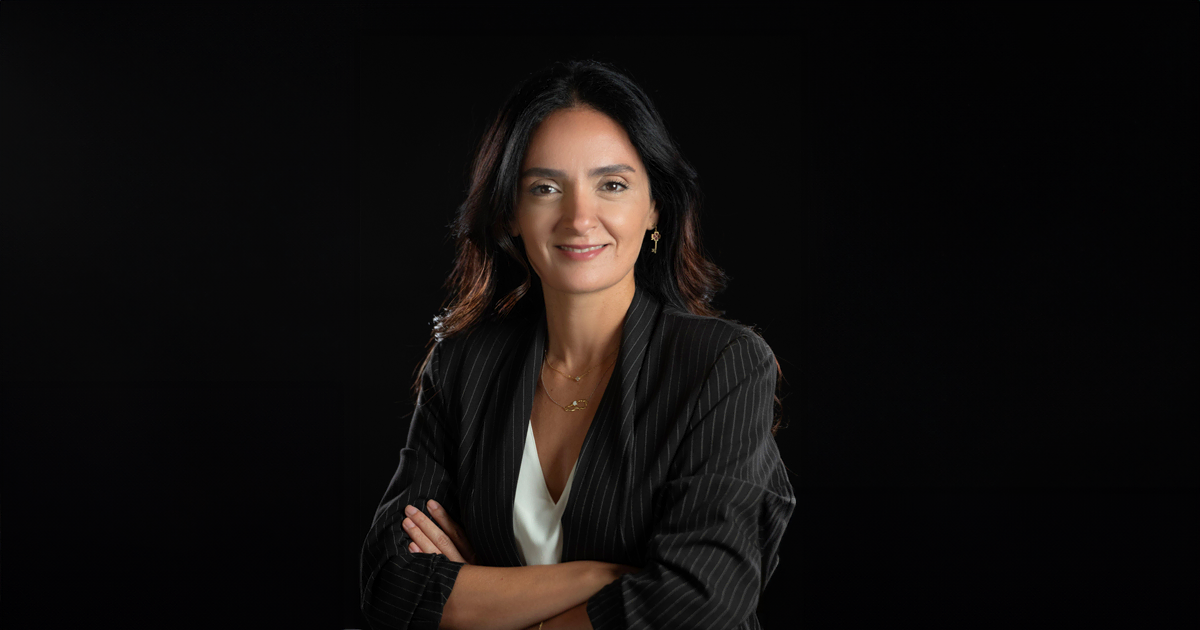Value Co-Creation: LAU Research for Impact
A study by LAU marketing faculty, shortlisted in the Times Higher Education Arab Awards, reveals how women-led businesses are not only vehicles for individual advancement but also engines of community resilience.
Their stories are captured in a study co-authored by Dr. Lara Khabbaz, assistant professor of marketing at the Adnan Kassar School of Business (AKSOB), and Dr. Omaya Kuran from the University of Balamand, whose research brings a new understanding to the complex realities and remarkable potential of rural Lebanese women entrepreneurs.
The paper, which has gained international recognition, most recently through the Times Higher Education (THE) Awards Arab World 2025, demonstrates how stakeholder engagement can empower female entrepreneurs in rural Lebanon to overcome societal and economic barriers and offers, according to THE, “a replicable framework for inclusive, grassroots-driven development” that amplifies women’s voices and informs policy in fragile contexts.
Dr. Khabbaz said that the research “provides a new lens for understanding the transformative power of collective action in shaping societies” and expressed pride in contributing to conversations that truly matter across the Arab region.
Titled “Stakeholder Dynamics in Rural Lebanese Women’s Entrepreneurship” and published in the Journal of Enterprising Communities, the study traces the lived experiences of 28 women entrepreneurs in Lebanon’s Beqaa and Akkar regions who were driven to entrepreneurship by necessity as a result of harsh obstacles like restricted access to capital, geographic isolation and entrenched societal expectations.
“Yet, through community support and targeted training programs, they were able to move forward,” said Dr. Khabbaz.
The participants considered their projects as a symbol of empowerment, challenging stereotypes and showcasing the capabilities of rural women in leadership roles, she added. “They expressed ways by which mentorship helped them turn limited resources into sustainable, income-generating businesses.”
The study’s findings reveal a powerful truth: In addition to being vehicles for individual advancement, women-led businesses are also engines of community resilience. In areas where governmental support is minimal, local social structures of support—from NGOs to informal networks—can serve as vital infrastructure for economic participation.
Even modest interventions, such as customized training in financial literacy, product marketing, or legal navigation can lead to measurable improvements in business performance, confidence and community standing.
“The result is a snowball effect: Income generation, job creation, enhanced social status and new entrepreneurial role models for younger generations of women,” said Dr. Khabbaz.
As Lebanon continues to navigate deep economic and political uncertainty, research like Dr. Khabbaz’s offers valuable insights, aligning with LAU’s commitment to advancing knowledge and driving change in the direction of development and sustainability, particularly in sectors such as entrepreneurship, innovation, and gender equity.
“Being actively engaged in research with other scholars and institutions in Lebanon strengthens the academic sector. Our main objective is to collaborate in a growing research movement in Lebanon to create impact while prioritizing sustainability, interdisciplinary thinking and social relevance,” she said.
